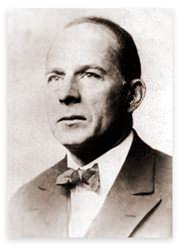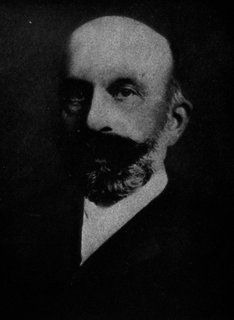A Quote by Arianna Huffington
Market forces have no intrinsically moral direction, which is why, before he wrote The Wealth of Nations, Adam Smith wrote The Theory of Moral Sentiments. Ethics should precede economics. But it doesn't have to. . . . We know this because we've seen the results of capitalism without conscience: the pollution of the air we breathe, the water we drink, and the food we eat; the endangerment of workers; and the sale of dangerous products - from cars to toys to drugs. All in pursuit of ever-greater profits.
Quote Topics
Adam
Air
Because
Before
Breathe
Capitalism
Conscience
Dangerous
Direction
Drink
Eat
Economics
Endangerment
Ethics
Ever
Food
Forces
Greater
Know
Market
Market Forces
Moral
Nations
Pollution
Products
Profits
Pursuit
Results
Sale
Seen
Sentiments
Should
Smith
Theory
Toys
Water
Wealth
Wealth Of Nations
Which
Why
Without
Workers
Wrote
Related Quotes
Adam Smith's image of competition in the marketplace was intended as an adjunct to his detailed description of human motivation in The Theory of Moral Sentiments , in which the pursuit of profit is tempered at every juncture by sympathy and benevolence, and by the posture of the "impartial spectator" which is forced on us by our moral nature.
There are two books that I often travel with; one is 'The Theory on Moral Sentiments' by Adam Smith. The other is 'The Meditations.' It's not that I agree with either views expressed in the books, but I believe ideas and thoughts of older generations can offer food for thought for the current generation.
I think historically modern economics, capitalist economics, tends to erode moral categories... And this is where I think the right gets capitalism wrong. They kind of assume that there is a moral equivalence or moral valence to capitalism, but I tend to think that economics erodes all the kind of cultural taboos and inhibitions and values it comes into contact with.
Never was it [Capitalism] imposed on life as a system, or at all. It grew out of life, not all at once but gradually, and is therefore one of the great natural designs. When it was found and identified by such men as Adam Smith, who wrote its bible, and Karl Marx, who wrote its obituary too soon, it was already working.
Moral theory develops from the divine command theory of medieval Christian philosophy, mixed up with a bit of ancient pagan virtue theory, to the purely secular moral sentiment and interpersonal reaction theories of Smith and Hume, to Kant's attempt to restore command theory but with something supersensible in the individual rather than God as the source of authority.
Imagine a person who comes in here tonight and argues 'no air exists' but continues to breathe air while he argues. Now intellectually, atheists continue to breathe - they continue to use reason and draw scientific conclusions [which assumes an orderly universe], to make moral judgments [which assumes absolute values] - but the atheistic view of things would in theory make such 'breathing' impossible. They are breathing God's air all the time they are arguing against him.
If you visit American city, You will find it very pretty. Just two things of which you must beware: Don't drink the water and don't breathe the air. Pollution, pollution, They got smog and sewage and mud. Turn on your tap and get hot and cold running crud. See the halibuts and the sturgeons Being wiped out by detergents. Fish gotta swim and birds gotta fly, But they don't last long if they try. Pollution, pollution, You can use the latest toothpaste, And then rinse your mouth with industrial waste.
What the world needs today is a definite, spiritual mobilization of the nations who believe in God against this tide of Red agnosticism. It needs a moral mobilization against the hideous ideas of the police state and human slavery. I suggest that the United Nations should be reorganized without the Communist nations in it. It is a proposal based solely upon moral, spiritual and defense foundations. It is a proposal to redeem the concept of the United Nations to the high purpose for which it was created. It is a proposal for moral and spiritual cooperation of God-fearing free nations. And in rejecting an atheistic other world, I am confident that the Almighty God will be with us.
A tension has always existed between the capitalist imperative to maximize efficiency at any cost and the moral imperatives of culture, which historically have served as a counterweight to the moral blindness of the market. This is another example of the cultural contradictions of capitalism - the tendency over time for the economic impulse to erode the moral underpinnings of society. Mercy toward the animals in our care is one such casualty.
If you go back to Adam Smith, you find the idea that markets and market forces operate as an invisible hand. This is the traditional laissez-faire market idea. But today, when economics is increasingly defined as the science of incentive, it becomes clear that the use of incentives involves quite active intervention, either by an economist or a policy maker, in using financial inducements to motivate behavior. In fact, so much though that we now almost take for granted that incentives are central to the subject of economics.
































